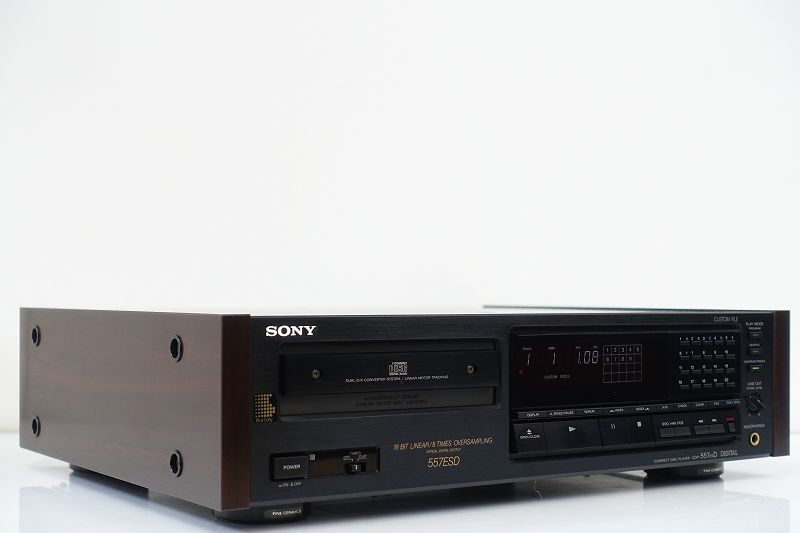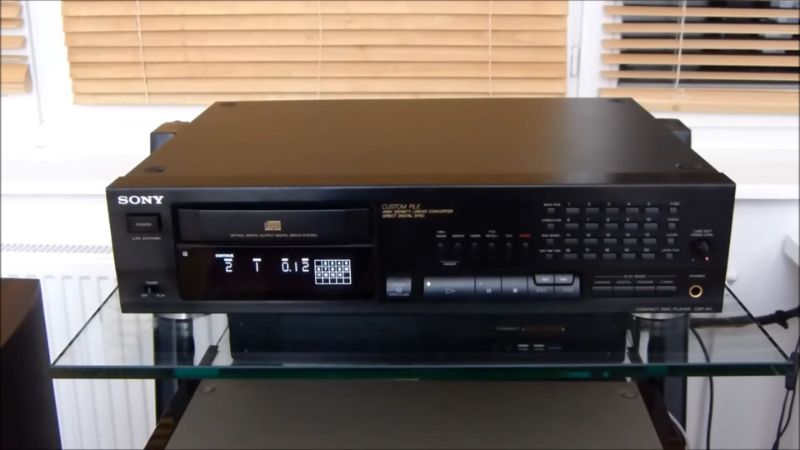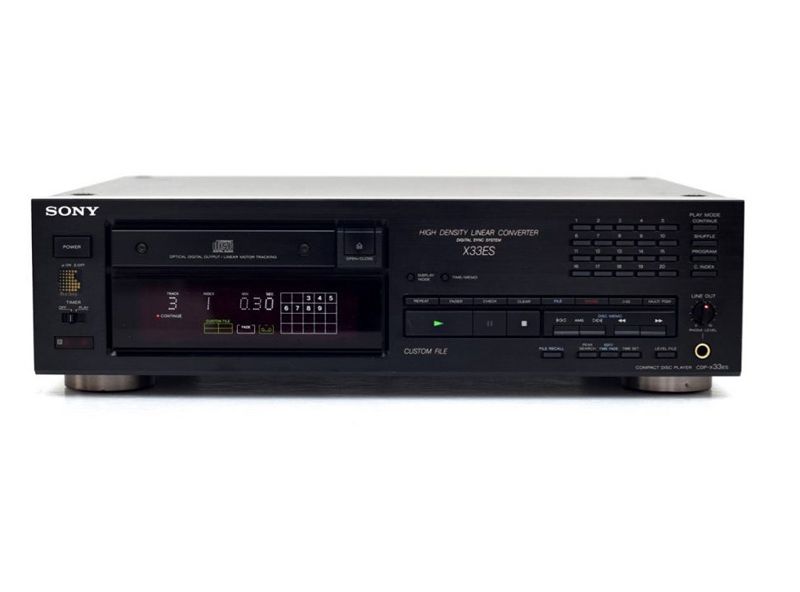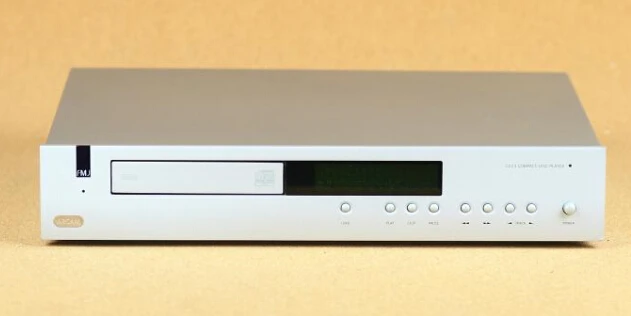In its initial iteration, the year 1994 was very much the pinnacle of Audiolab. It appeared as if the firm could do no wrong. The 8000A integrated amplifier had been repeatedly refined, and was now a seriously good sounding device – able to mix it with the highly respected Naim Nait 3 and Mission Cyrus 2 in terms of sonics, if not quite better them. Audiolab products had exceptional build quality, received rave reviews, and there seemed to be an endless stream of buyers anxious to purchase them…
Philip Swift, co-founder and managing director of Audiolab, wanted to replicate this pleasant state of affairs on a larger scale. And so it was no surprise that, along with a preamplifier (the 8000C) and matching monoblock power amplifiers (the 8000M), the company started work on a CD transport and DAC. The result was the 8000CDM, which featured a Philips CDM9 Pro mechanism housed in a conventional Audiolab 450x320x75mm chassis. The CDM9 was the final model in Philips’ classic line of single-beam swing arm mechs, which many considered to have better sound than the three-beam linear tracking devices that followed.
This weighted 6kg, thanks in part to a high-quality toroidal transformer that was unexpectedly huge. To isolate the mech from the outside environment, a visco-elastic polymer suspension system was used, as well as a low-noise master clock. The unit came with optical, coaxial (S/PDIF 75 ohm) and AES/EBU (110 ohm balanced) digital outputs, with a BNC to BNC coaxial interconnect supplied, along with BNC to phono and phono to BNC adapters supplied. The 8000CDM was built and finished to the company’s typical high standards, making it one of the best British CD transports in this regard.
For years, I utilized one as a digital front end. In truth, it wasn’t the best-sounding product of its kind, but it was still fantastic, and it simply kept going and going. It read discs flawlessly, was significantly less picky about the discs it was asked to play, and provided year after year of trouble-free service. High end Japanese designs such as the Esoteric P30 – admittedly three or four times the £850 price of the Audiolab – had a slightly more powerful bass and a whisker more detail and depth – but for what the Audiolab was, at the price it was extremely hard to fault.
All of this explains why it’s such a good used bargain now, for roughly £200. The CDM9 Pro laser is no longer made, although there are still a good number of new old stock items on sale for around £150, so if the laser fails the transport isn’t rendered obsolete. The rest is quite dependable and should spin discs for many years to come; it may even outlast the CD! The Audiolab 8000CDM may not be the epitome of audiophile chic, but it’s a great high-quality workhorse that’s now on sale for a steal.







